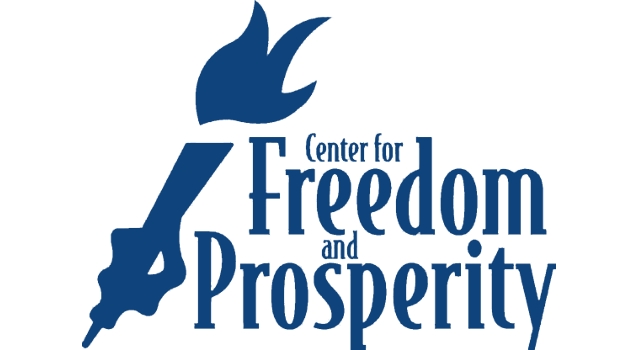In the battle of ideas, supporters of capitalism and economic liberty sometimes face an uphill climb because of a perception of heartlessness.
When companies get in trouble, we’re the mean people who don’t want to give bailouts.
When workers are laid off, we’re the Scrooges who don’t want perpetual unemployment checks.
And when some workers aren’t earning much money, we’re the scoundrels who don’t want to boost the minimum wage.
Our “problem” is that we care about good results rather than good intentions. Motivated by the wisdom of Frederic Bastiat, we look at indirect effects and long-run consequences. And this is why we routinely reject statist proposals.
The challenge, of course, is educating others so that they understand that small government and free markets are the best way of providing more opportunity and better lives – particularly for those on the lower rungs of the economic ladder.
This is why I was very happy to see this new video from Learn Liberty. It basically explains the process of “creative destruction” to show how progress and prosperity are undermined when politicians try to “protect jobs.”
I also like the video because it makes the point that our living standards are the result of how much we produce, not the number of jobs.
In other words, we don’t want people employed for the sake of being employed. We want them doing things that add value to the economy.
That’s one of the reasons why many government jobs are wasteful. People who could be creating wealth are instead imposing costs.
But let’s shift back to the topic of “creative destruction.” In my speeches, I’ll sometimes make the point that progress can be painful. Consider these examples:
The invention of the light bulb was very bad news for the candle making sector.
The invention of the automobile was a grim development for the horse and buggy industry.
The invention of the personal computer devastated typewriter companies.
In every case, these inventions made society much richer, but they also caused the destruction of thousands of jobs and bankrupted many firms. These were very real tragedies for certain people.
With the benefit of hindsight, however, we know that it was good that this “creative destruction” took place. We even know that the descendents of the candle makers, buggy builders, and typewriter producers are better off because our economy is so much more productive.
Just as the video explains that we’re much better off because 90 percent of the population no longer has to work on farms.
Yet we’re still faced with the paradox that supporters of capitalism are called heartless even though we’re the ones that support policies that create wealth and lift people from poverty.

